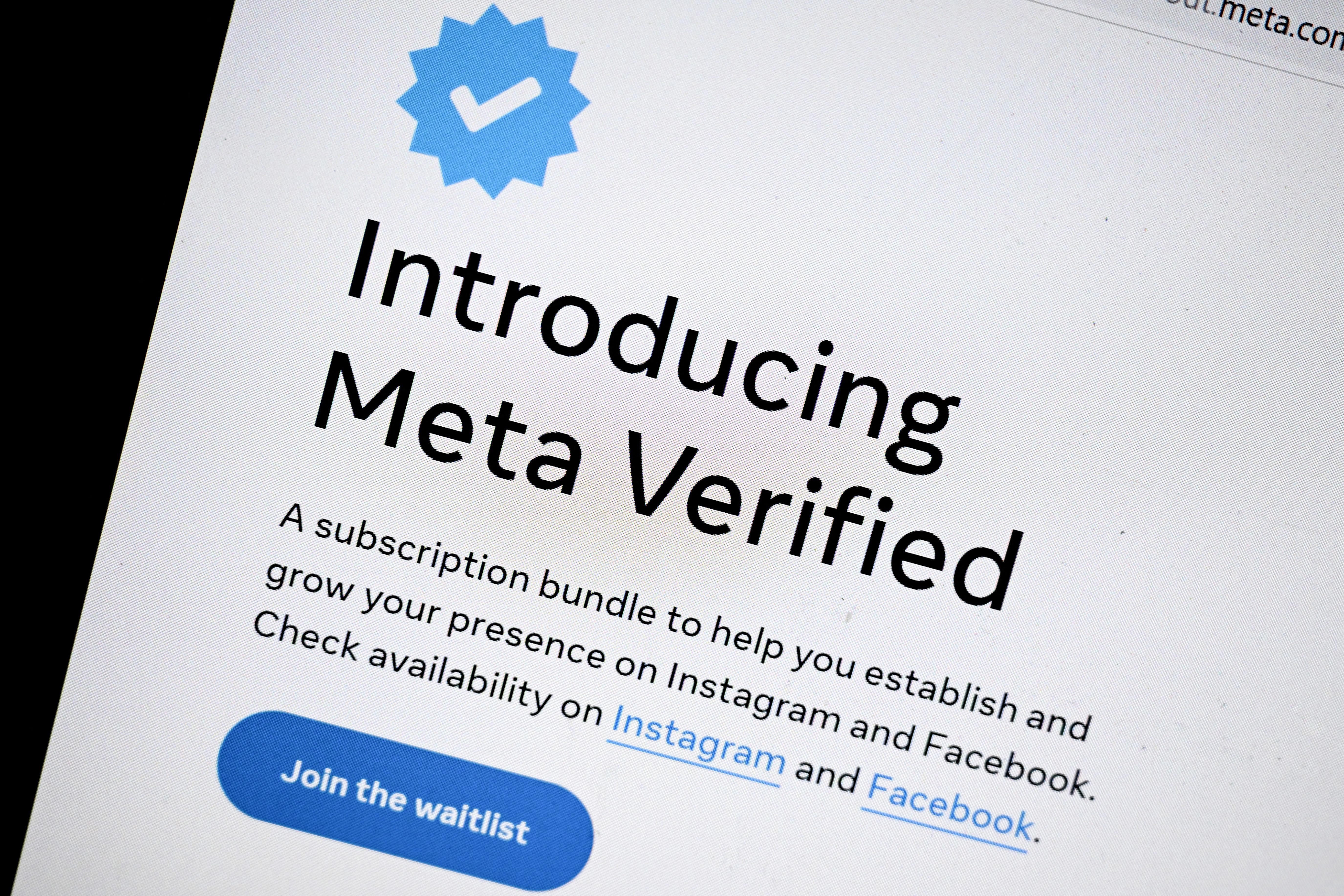 This photo illustration taken in Melbourne on February 24, 2023 shows a message on Facebook introducing the Meta Verified service. (PHOTO / AFP)
This photo illustration taken in Melbourne on February 24, 2023 shows a message on Facebook introducing the Meta Verified service. (PHOTO / AFP)
OSLO - A court in Norway has sided with Datatilsynet, the country's data protection authority, affirming the legality of a daily fine imposed on Meta Platforms for invasive behavior-based marketing on Facebook and Instagram.
In a judgment delivered on Wednesday, the Oslo District Court fully endorsed Datatilsynet's action, dismissing Meta's plea for a temporary injunction to halt the fine and stating that there was no cause to undermine the regulator's judgment.
The tech giant subsequently filed for a temporary injunction in the Oslo District Court, asserting that Datatilsynet's directives were disproportionate, unfeasible, and in conflict with other laws
In July, Datatilsynet said it considered Meta's behavior-based marketing practices illegal as they excessively monitored user behavior. As a result, it argued, the technology company must halt such practices in Norway immediately.
READ MORE: Meta to drop 'Facebook News' tab in some European countries
Meta faced a compulsory fine of 1 million Norwegian kroner ($93,380) per day, starting on Aug 14 following its failure to comply with the ban.
The tech giant subsequently filed for a temporary injunction in the Oslo District Court, asserting that Datatilsynet's directives were disproportionate, unfeasible, and in conflict with other laws.
READ MORE: Malaysia mulls rules for Google, Meta to pay for news content
Rejecting these claims, the court also ordered Meta to cover Datatilsynet's legal costs.
"We are very pleased with the court ruling and see it as a major win for privacy," commented Line Coll, director of Datatilsynet.
READ MORE: Trudeau criticizes Meta for blocking news as wildfires rage
In a statement, the date regulator said it is now contemplating taking the decision to the European Data Protection Board in an effort to expand the scope of the ban to the entire European Union/European Economic Area region.


